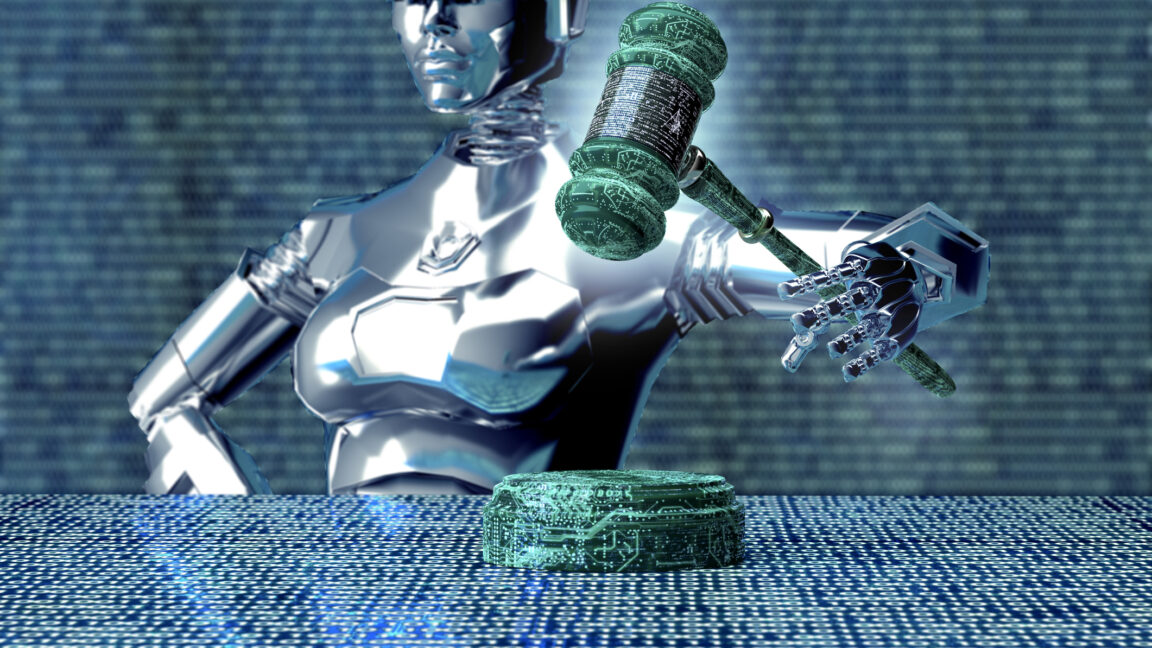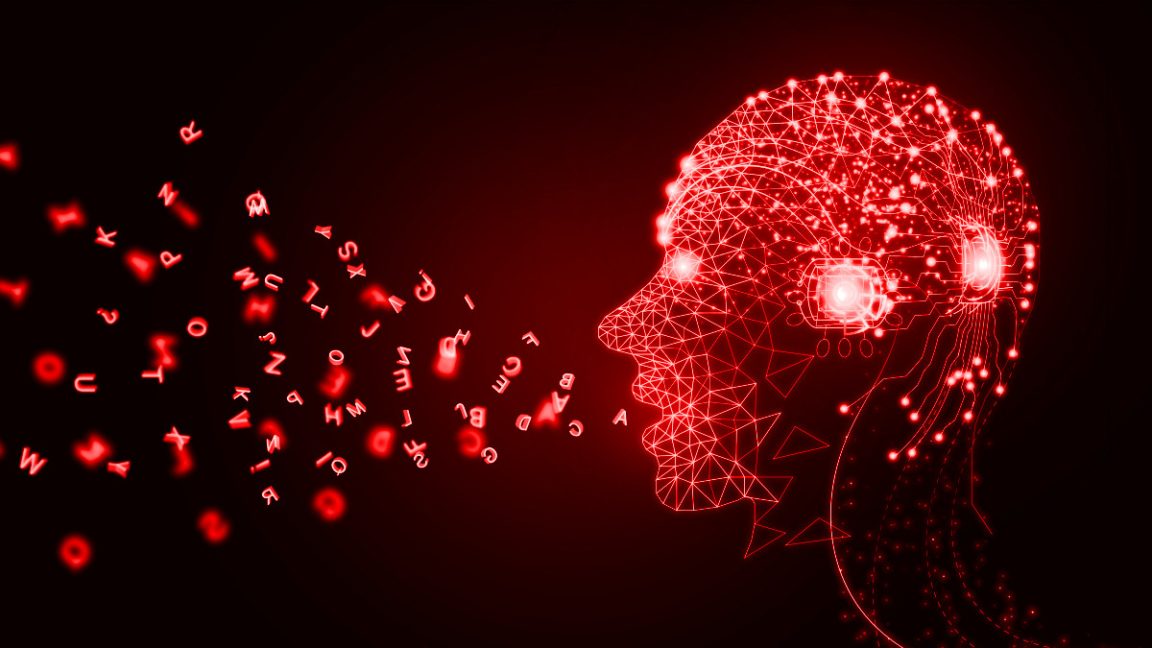Introduction to the Problem
College students who have become too reliant on ChatGPT are starting to face consequences after graduating and joining the workforce. This is because they are placing too much trust in chatbots, which can lead to errors and inaccuracies in their work.
A Recent Example
Last month, a recent law school graduate lost his job after using ChatGPT to help draft a court filing that ended up being riddled with errors. The consequences arrived after a court in Utah ordered sanctions after the filing included the first fake citation ever discovered in the state that was hallucinated by artificial intelligence.
Details of the Case
The Utah court found that the filing included "multiple" mis-cited cases, in addition to "at least one case that does not appear to exist in any legal database (and could only be found in ChatGPT)." The court emphasized that the lawyers involved in the filing, Douglas Durbano and Richard Bednar, should have verified the accuracy of the information before submitting it to the court.
The Importance of Verification
The judge in the case, Mark Kouris, wrote that "every attorney has an ongoing duty to review and ensure the accuracy of their court filings." He noted that the lawyers "fell short of their gatekeeping responsibilities as members of the Utah State Bar when they submitted a petition that contained fake precedent generated by ChatGPT." The fake citation may have been easily caught if a proper review process was in place.
The Dangers of Relying on Chatbots
When prompted to summarize the fake case, "Royer v. Nelson, 2007 UT App 74, 156 P.3d 789," ChatGPT provided no details other than claiming that "this case involves a dispute between two individuals, Royer and Nelson, in the Utah Court of Appeals," which raises red flags. This highlights the importance of not relying solely on chatbots for important information.
Conclusion
The consequences of relying too heavily on ChatGPT are becoming increasingly apparent. As college students enter the workforce, it is essential that they understand the importance of verifying information and not relying solely on chatbots. By doing so, they can avoid making costly mistakes and maintain the accuracy and integrity of their work.
FAQs
- What happened to the law school graduate who used ChatGPT to draft a court filing?
The law school graduate lost his job after the court filing was found to be riddled with errors, including a fake citation. - What did the Utah court find in the filing?
The Utah court found that the filing included "multiple" mis-cited cases, in addition to "at least one case that does not appear to exist in any legal database (and could only be found in ChatGPT)." - What is the importance of verifying information?
Verifying information is crucial to ensure accuracy and avoid making mistakes. Relying solely on chatbots can lead to errors and inaccuracies, which can have serious consequences. - What can be done to avoid relying too heavily on chatbots?
To avoid relying too heavily on chatbots, it is essential to have a proper review process in place and to verify information through multiple sources. This can help catch errors and ensure the accuracy of work.











